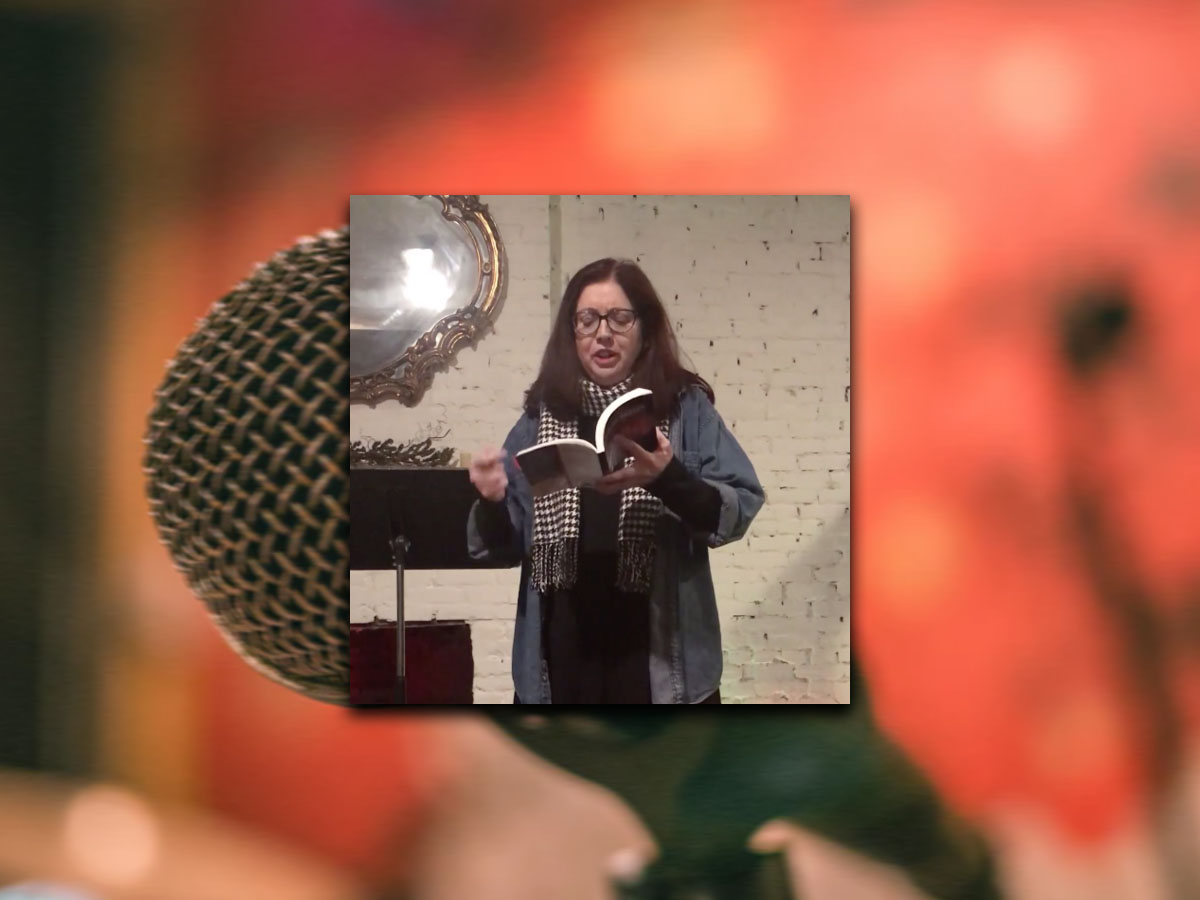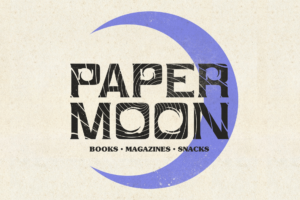By Jeff Doherty
The Troy Poetry Mission held its last meeting of the year on the 28th of November, making sure to end the year with a bang, with Nancy Dunlop as the star feature and other familiar faces joining in voicing their latest creations. The poems were affected by a turbulent year filled with protests, prosecutions, and personal strife that gave the atmosphere a somber mood, as well as glimmers of hope, with interludes from the hosts R.M. Engelhardt and James H. Duncan.
Engelhardt started the night with a reading from the poet Elliot Richman, The Death Camp at Walden Pond. “I stand in front of a classroom overflowing with students, who do not know their own date of birth because it happened in the past, and is not now on MTV.” Richman’s poem continued on a course similar to the first sentence by listing out the inability of modern youth to connect to anything from the past even though their very fate mirrors the past itself; skulking the halls in silence as they accept the first idea that pops into their head because they didn’t know any better.
Karen Fabiane’s poems wove in themes of old age and accepting the passage of time with a vignette of a life stricken with poverty; emphasizing the value found in the smaller moments that made life worth continuing. Her piece titled Brokewas interspersed with phrases like, “We didn’t have any money,” and the refrain had an irony to it. In a life so rich with experience, the constant trait every pictured moment had was a lack of money. Duncan followed Fabiane with a reading from Joe Hoffer, incidentally keeping a similar theme to Fabiane’s second piece with an emphasis on continuing in the face of a daunting life, and being secure in it.
After a sermon style poem by Charlie Straney, and a word from Engelhardt, I read out my own poem. Besides adding to the dower mood of the night, my piece titled The Haarlem Mandatepainted the story of a hunter, and the hunted, a black lawman, and a black revolutionary. Sam Turner did his best to brighten the mood with a three-word poem of his own, “Pothole, puddle… Pothole, puddle… Moon.” That’s five words, but Turner said that he would be repeating some words before he began.
“Give me love, give me love, give me peace on Earth. Give me life, give me life, give me free from birth. Give me hope, help me cope, with this heavy load— trying to touch and reach you with heart and soul.” That was how featured poet, Nancy J. Dunlop, started her segment of the poetry night. By the time she began In the Face of Bad Thingsthe crowd was sucked in by the whirlpool of her voice. Comments on our political moment stuffed within scenes of nature, and spiraling descents into the paintings of Frida Kahlo. At times I couldn’t even write notes; I just had to listen.
Christa D. stood out with her own pieces, Contrary to Popular Belief and Sylvia. The first was a wholehearted refutation of God, on the idea of irredeemability , and the pitfalls of believing a God is all good whilst watching so much ill take place. The second poem was an apology poem detailing the unintended nature of the hurtful language, and outlining that they were not the intended target. Kendall Hoeft’s Missing harped on the same idea of being an outsider, and being lost in the eyes of, “Social norm Gods,” as Hoeft said.
Bob Sharkey’s piece Washington Park Fortunes was a compilation of fortune telling slips; all platitudes but with an air of ten-cent paper strip quotes still within it. His other piece which is set in Troy, described a walk with Leopold Blume, and his Van Winkle-esque shock with the reality of a far newer culture than the one of old. Julie Lomoe closed the night with the tales of her own shock with reality, from surgery to the ever-creeping hand of death itself, all with a smile between each word.
That was how the Troy Poetry Mission closed out the year. Sadness, rage, longing, remorse, as well as hope, self-reflection, and a hint of humor even among the darker stanzas. Each piece held our minds in another world that often looked uncannily like our own. It was the final chapter to this year’s story. I am glad I got to play a minor role, alongside giants like Nancy Dunlop, Bob Sharkey, R.M. Engelhardt and all the rest.





